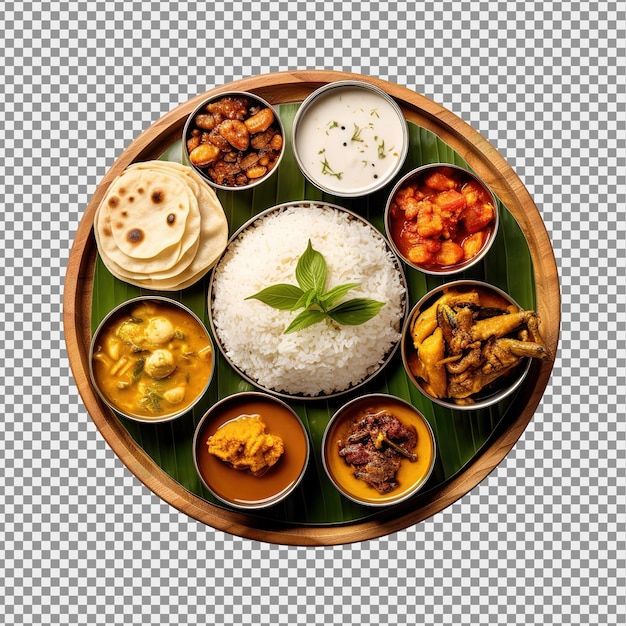
What’s on your plate can truly change how you feel. An anti-inflammatory thali isn’t just another diet trend — it’s a holistic way of eating that helps your body heal naturally, supports digestion, boosts energy, and promotes long-term health.
What Is an Anti-Inflammatory Diet?
Inflammation is the body’s natural response to injury or stress, but when it becomes chronic, it can lead to fatigue, weight gain, digestive issues, and even lifestyle diseases. According to Dr. Richa Anand, Chief Dietitian at Dr L H Hiranandani Hospital, Mumbai, an anti-inflammatory diet helps reduce this internal stress by focusing on whole, nutrient-rich foods and mindful eating patterns.
“It’s not only about what you eat, but also how and when you eat,” she says. “When followed consistently, this kind of diet can help manage inflammation, improve energy levels, and enhance digestion.”
Foods That Fuel Inflammation
Certain modern-day foods can trigger or worsen inflammation. Experts recommend cutting back on:
- Refined carbs: white bread, pastries, and sugary cereals
- Fried foods: deep-fried snacks, fries, pakoras
- Sugary drinks: sodas, sweetened juices, energy drinks
- Processed meats: sausages, burgers, hot dogs
- Trans fats: margarine, shortening, and other hydrogenated oils
Avoiding these and opting for whole, unprocessed alternatives can help prevent inflammation and related health issues.
The Ideal Anti-Inflammatory Thali: Inspired by Indian Traditions
A balanced anti-inflammatory meal plan resembles the Mediterranean-style diet — rich in fruits, vegetables, whole grains, nuts, seeds, and omega-3 fats — but with an Indian twist.
Morning / Breakfast
- Oats porridge topped with berries, chia seeds, and a spoon of almond butter
- Herbal tea or turmeric latte (haldi doodh)
This combination jumpstarts metabolism, reduces bloating, and delivers antioxidants first thing in the morning.
Mid-Morning Snack
- A handful of roasted almonds or walnuts
- A seasonal fruit like pomegranate, orange, or apple
Healthy fats and fibre support satiety and stabilize blood sugar levels.
Lunch
- Whole grains: brown rice, millets, or quinoa
- Protein: fatty fish curry (salmon, mackerel, tuna) or paneer/tofu sabzi
- Vegetables: sautéed spinach, kale, broccoli, or bell peppers
- Tomato salad drizzled with olive oil, lemon juice, and herbs
A nutrient-dense combination that’s rich in antioxidants, omega-3s, and gut-friendly fibre.
Afternoon Snack
- Carrot and cucumber sticks or a small sprouted moong salad
- Green or ginger tea for gentle detox and hydration
Dinner
- Lentil or moong dal tempered with turmeric, cumin, and garlic
- Steamed or lightly stir-fried vegetables: spinach, cauliflower, cabbage
- Fermented foods: a small bowl of curd or homemade pickle
This light, protein-rich meal aids overnight repair and reduces inflammation while you rest.
Before Bed
- A cup of warm golden milk (haldi doodh) with a pinch of cinnamon and crushed almonds
Turmeric and cinnamon support recovery, soothe digestion, and promote restful sleep.
The Bottom Line
An anti-inflammatory diet isn’t about restriction — it’s about balance and rhythm. By eating real, seasonal foods and spacing your meals mindfully, you can help your body repair itself, reduce chronic inflammation, and enhance both physical and emotional well-being.
Small, consistent dietary shifts can lead to big changes — one wholesome Indian thali at a time.



